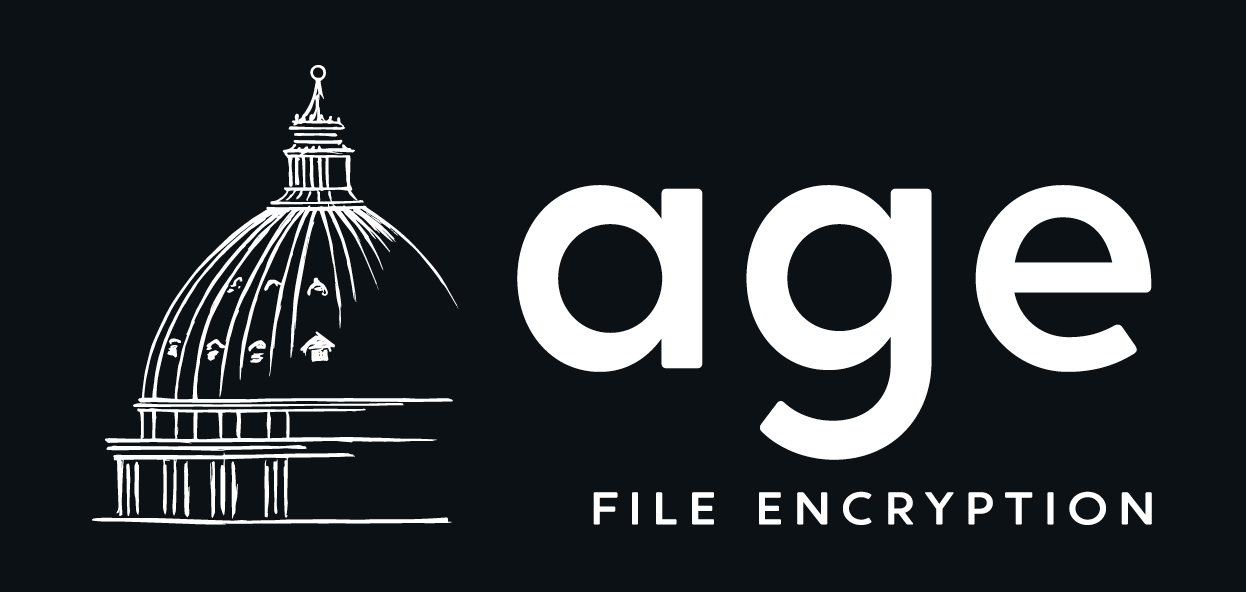aptly
Aptly is a swiss army knife for Debian repository management.

Documentation is available at http://www.aptly.info/. For support please use mailing list aptly-discuss.
Aptly features: ("+" means planned features)
- make mirrors of remote Debian/Ubuntu repositories, limiting by components/architectures
- take snapshots of mirrors at any point in time, fixing state of repository at some moment of time
- publish snapshot as Debian repository, ready to be consumed by apt
- controlled update of one or more packages in snapshot from upstream mirror, tracking dependencies
- merge two or more snapshots into one
- filter repository by search query, pulling dependencies when required
- publish self-made packages as Debian repositories
- REST API for remote access
- mirror repositories "as-is" (without resigning with user's key) (+)
- support for yum repositories (+)
Current limitations:
- translations are not supported yet
Download
To install aptly on Debian/Ubuntu, add new repository to /etc/apt/sources.list:
deb http://repo.aptly.info/ squeeze main
And import key that is used to sign the release:
$ apt-key adv --keyserver keyserver.ubuntu.com --recv-keys ED75B5A4483DA07C
After that you can install aptly as any other software package:
$ apt-get update $ apt-get install aptly
Don't worry about squeeze part in repo name: aptly package should work on Debian squeeze+, Ubuntu 10.0+. Package contains aptly binary, man page and bash completion.
If you would like to use nightly builds (unstable), please use following repository:
deb http://repo.aptly.info/ nightly main
Binary executables (depends almost only on libc) are available for download from GitHub Releases.
If you have Go environment set up, you can build aptly from source by running (go 1.11+ required):
git clone https://github.com/aptly-dev/aptly cd aptly make modules install
Binary would be installed to $GOPATH/bin/aptly.
Contributing
Please follow detailed documentation in CONTRIBUTING.md.
Integrations
Vagrant:
- Vagrant configuration by Zane Williamson, allowing to bring two virtual servers, one with aptly installed and another one set up to install packages from repository published by aptly
Docker:
- Docker container with aptly inside by Mike Purvis
- Docker container with aptly and nginx by Artem Smirnov
With configuration management systems:
- Chef cookbook by Aaron Baer (Heavy Water Operations, LLC)
- Puppet module by Government Digital Services
- Puppet module by TubeMogul
- SaltStack Formula by Forrest Alvarez and Brian Jackson
- Ansible role by Tom Paine
CLI for aptly API:
- Ruby aptly CLI/library by Zane Williamson
- Python aptly CLI (good for CI) by Tim Susa
GUI for aptly API:
- Python aptly GUI (via pyqt5) by Cedric Hnyda
Scala sbt:
- sbt aptly plugin by Arup Malakar





